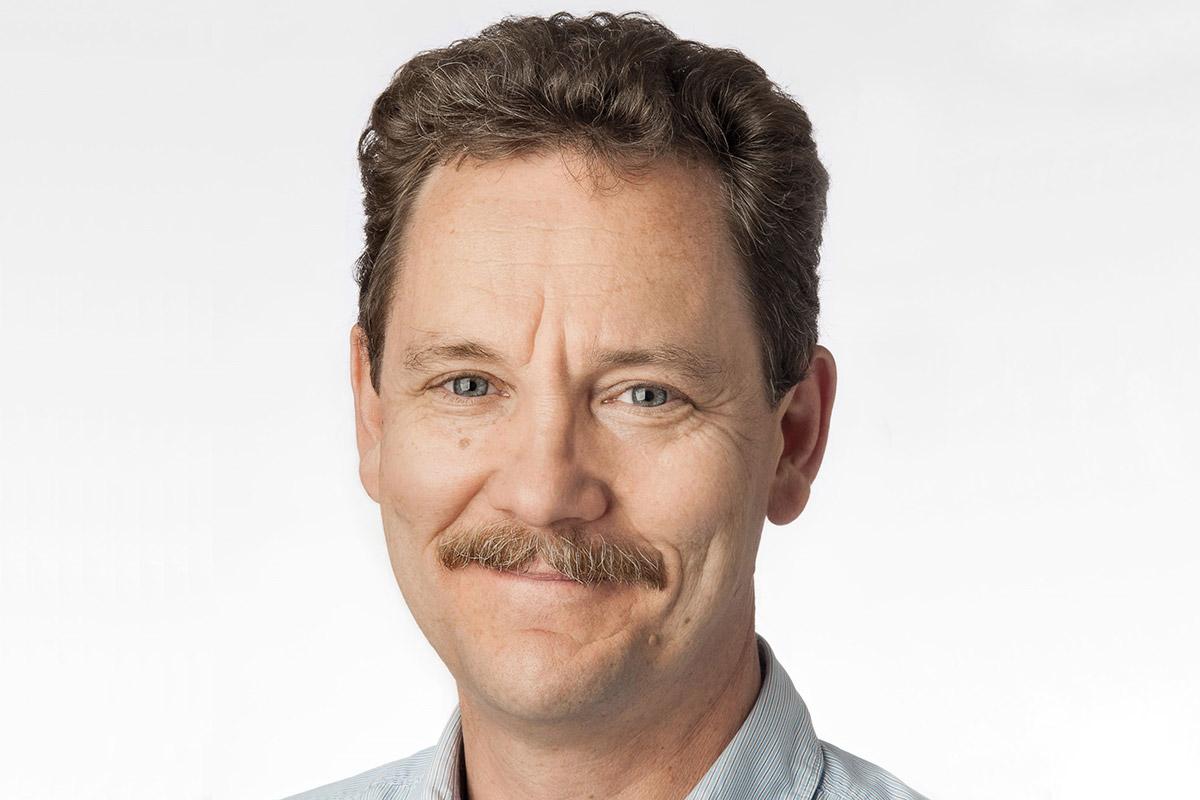Lutz Hecht, head of the science programme Evolution and Geoprocesses at the Museum für Naturkunde Berlin, was honorary/außerplanmäßiger professor at Freie Universität Berlin on October 28, 2019. This honors his outstanding scientific work in the field of petrology and impact crater formation.
As a geoscientist, Lutz Hecht is interested in the major processes that take place in the solar system and that shape the earth. The impact of a cosmic body on a planet is such a fundamental process. An understanding of this process can only be achieved through interdisciplinary research involving natural craters, experimental laboratory studies and numerical simulations. Among other things, Hecht investigates melting impact breccias, also known as suevites, which are among the most important witnesses of asteroid impacts. They demonstrate the strong crushing of the rock and the different degrees of shock metamorphic overprint up to the complete melting of the rock and provide important information about the process of impact cratering and its impact on the environment. Lutz Hecht has been researching the petrology and geochemistry of impact rocks, the material interactions between the cosmic bodies and the rocks of the earth's crust exposed to the impact of impact, as well as the metallogenesis of mineral deposits in Canada, Australia and South Africa. This year, Lutz Hecht and Freie Universität Berlin launched a new Citizen Science project dealing with the investigation of micrometeorites on the roofs of Berlin.
As head of the science programm "Evolution and Geoprocesses", in which about 150 employees work, bio- and geoscientific as well as planetary questions are investigated interdisciplinary, collection-supported and together with partners all over the world. State-of-the-art laboratory complexes support object-related research. Lutz Hecht is head of the Laboratory for Electron Beam Microprobe Analysis and head of the Laboratory for Scanning Electron Microscopy in the field of geosciences. He is also coordinator of Geo.X (http://www.geo-x.net/) at the Museum für Naturkunde Berlin, a geoscientific competence network in Berlin and Potsdam. Through Geo.X, four universities and six non-university research institutions bundle their geoscientific expertise and cooperate in research, teaching and training, the joint use of scientific infrastructure as well as in the areas of internationalization and knowledge transfer.
